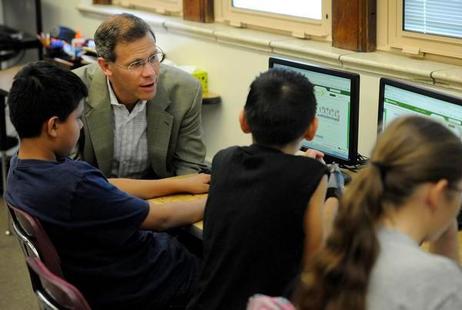As young adolescents move from middle to high school, many parents and school leaders recognize problematic behavior patterns emerging among high school freshmen. To improve the issues among 9th graders, many schools are restructuring their programs so that 9th graders are in a separate setting, apart from the larger high school community.
As studies from Boston College explain,
“The transition from eighth grade to ninth grade is a critical time in a young person's educational career. Ninth-grade programs and separate buildings for ninth graders have grown over the last ten years to meet their distinct needs.”
Concerns Regarding 9th Graders in High School
Studies from The National Middle School Association (TNMA) reveal that, from the student’s perspective, the most significant concerns regarding the transition to high school revolve around “the amount of homework, class difficulty, and organizational issues (e.g., getting lost).” On the other hand, parents expressed concerns regarding bullying, negative peer pressure, and other academic and social worries.
Current Problems Facing 9th Graders in the High School Environment
As TNMA supports, freshmen in the high school setting often experience several negative issues, such as:
- A decrease in achievement from middle school to high school
- Many straight-A students experience their first-grade decline
- Cases of behavior problems, such as suspensions and expulsions, significantly increase in the early 9th-grade year
- New social concerns, such as bullying, navigating the new and larger school, and establishing



















